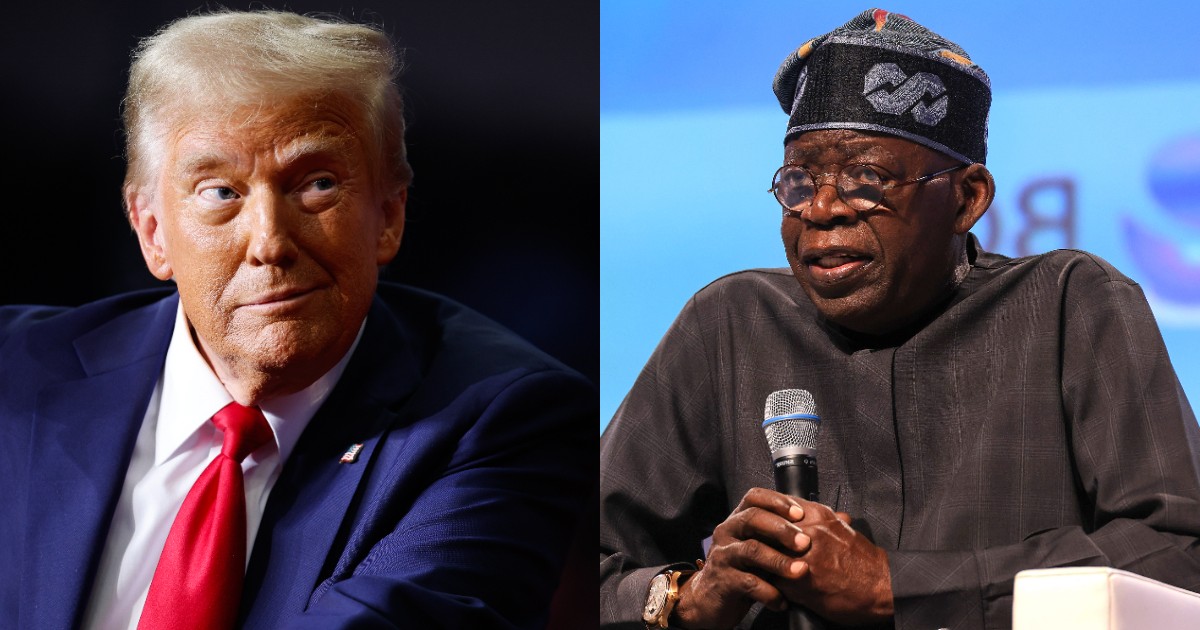
Nigeria, Africa’s most-populous nation, has bluntly rejected a Trump-administration plan that would make it accept migrants expelled from the United States.
Foreign Minister Yusuf Tuggar told reporters the country is already wrestling with food insecurity, soaring youth unemployment, and a stubborn insurgency in the north. “We have enough on our plate,” he said, adding that Abuja will not bow to U.S. pressure to take deportees who have no legal or family ties to Nigeria.
A wider rebuke of “contractor politics”
An analysis in Foreign Policy sees Nigeria’s stance as a quiet but sweeping refusal of the transactional logic that has long framed U.S.–Africa relations. Abuja, the magazine notes, is defending not only its borders but also its sovereignty.
- Domestic strain: With a population topping 230 million and prisons already running at 137 % capacity, taking in U.S. deportees would further burden fragile institutions and divert scarce resources.
- Policy clash: The scheme contradicts Nigeria’s “four-pillars” foreign-policy framework—democracy, development, demography, and diaspora—which casts the nation as a continental leader forging partnerships around sovereignty and reform.
Timing that worries Washington
The push comes just as President Donald Trump revives a controversial third-country deportation policy first tested on a smaller scale in Latin America during his previous term. His White House has courted African capitals—hosting a mini-summit with regional leaders in July—hinting at “progress” without disclosing details.
Yet Abuja’s refusal could ripple:
- Trade tensions: Nigeria’s recent entry as a BRICS partner puts it in the crosshairs of new U.S. tariffs set to begin this month, adding fresh strain to a bilateral trade relationship worth nearly $10 billion in 2024.
- Diplomatic stakes: Nigeria is a linchpin in West African peacekeeping, counter-terrorism, and global energy supply, and wields clout in the African Union and U.N. Underestimating Abuja’s leverage, analysts warn, risks ceding ground to rival powers eager to deepen ties on the continent.
A shifting landscape
Foreign Policy argues that more African states are no longer willing to act as subcontractors for Western crisis-management. South Africa, for instance, has resisted U.S. pressure over its ties with Russia and Iran while still pursuing a trade pact with Washington.
“Nigeria is drawing a new line,” the magazine writes: sovereignty now means control over policy, diplomatic dignity, and mutually beneficial partnerships. Refusal is no longer sabotage; it is strategy.
